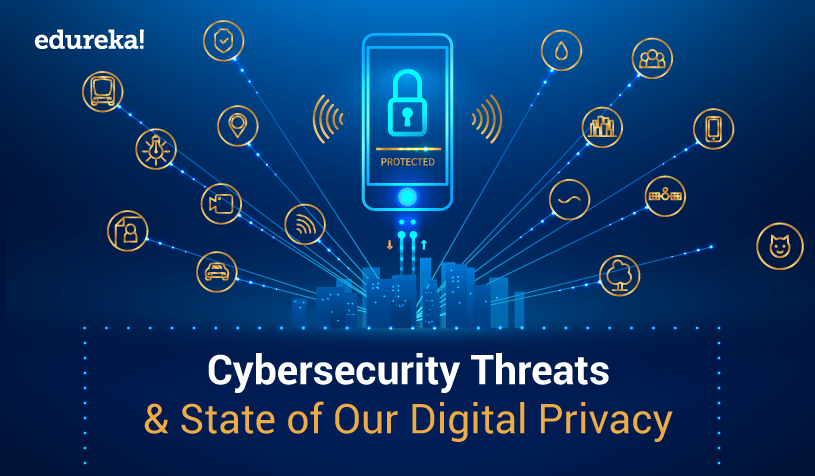In case of any issue or clarification you might need in the process of your learning journey, kindly contact us using the email support@steve.ac.ke.
-
Develop Entrepreneurial Mindset and Attitude: Students will cultivate an entrepreneurial mindset characterized by creativity, resilience, adaptability, and a willingness to take calculated risks in pursuit of innovative solutions and opportunities.
-
Understand Entrepreneurship Fundamentals: Students will comprehend the fundamental concepts, theories, and principles of entrepreneurship, including opportunity recognition, business model development, value proposition creation, and market analysis.
-
Identify and Evaluate Business Opportunities: Students will learn to identify and evaluate potential business opportunities by assessing market needs, consumer trends, competitive landscapes, and industry dynamics through market research and feasibility analysis.
-
Create and Develop Business Ideas: Students will generate and refine business ideas, conceptualize viable business models, and develop comprehensive business plans encompassing key elements such as value proposition, revenue streams, customer segments, and resource requirements.
-
Master Startup Essentials: Students will acquire knowledge and skills related to startup essentials, including legal and regulatory considerations, intellectual property protection, funding options, financial management, and business operations.
-
Harness Innovation and Creativity: Students will harness innovation and creativity to drive product and service differentiation, develop unique value propositions, and explore disruptive business models that challenge conventional paradigms.
-
Foster Effective Communication and Presentation Skills: Students will develop effective communication, storytelling, and presentation skills to articulate their entrepreneurial vision, engage stakeholders, and secure support from investors, partners, and customers.
-
Embrace Entrepreneurial Leadership and Team Building: Students will understand the role of entrepreneurial leadership in inspiring and mobilizing teams, fostering collaboration, and building a culture of innovation, resilience, and excellence within entrepreneurial ventures.
-
Navigate Challenges and Failure: Students will develop resilience and adaptability to navigate challenges, setbacks, and failures inherent in the entrepreneurial journey, while learning from experiences and leveraging failures as opportunities for growth and learning.
-
Promote Sustainable and Ethical Entrepreneurship: Students will understand the importance of ethical conduct, social responsibility, and sustainability in entrepreneurship, integrating principles of corporate social responsibility and environmental stewardship into business practices.
-
Explore Entrepreneurial Ecosystems and Resources: Students will explore entrepreneurial ecosystems, networks, and support resources available locally, nationally, and globally, including incubators, accelerators, mentors, and funding sources, to facilitate startup success and growth.
-
Cultivate Entrepreneurial Mindset and Lifelong Learning: Students will cultivate an entrepreneurial mindset and embrace lifelong learning, continuously seeking new knowledge, insights, and opportunities for innovation, growth, and personal development in the dynamic entrepreneurial landscape.

